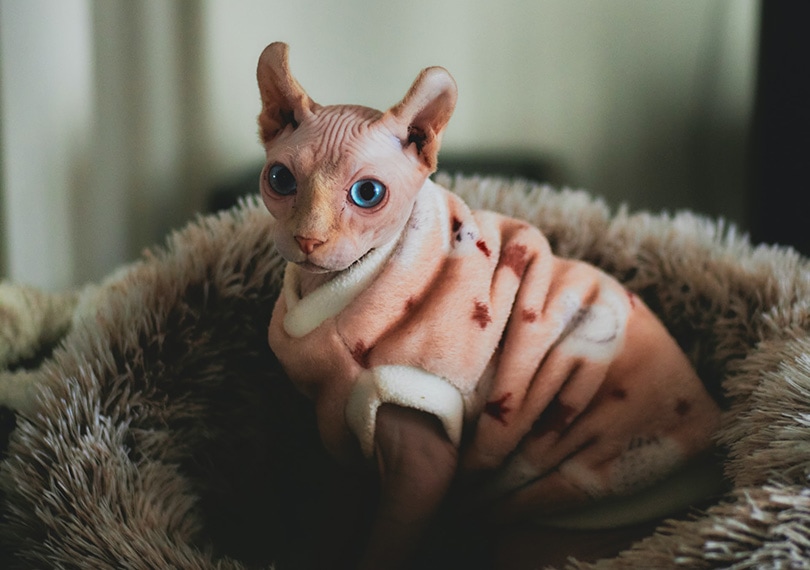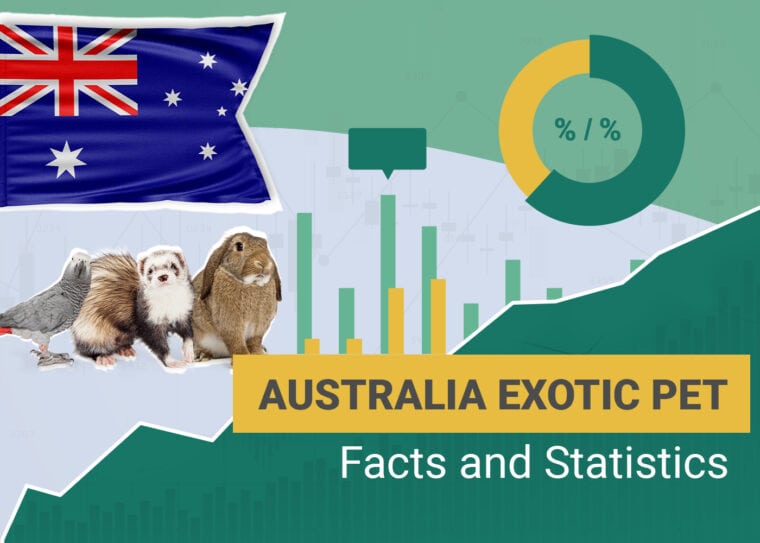
Click to Skip Ahead
Note: This article’s statistics come from third-party sources and do not represent the opinions of this website.
You’re likely familiar with exotic pets—those that don’t fall under the category of dogs, cats, and farm animals and those that are not native to your home country. The exotic pet industry has grown in popularity in the past couple of decades, including in Australia. While more people in Australia still own dogs and cats, there are plenty of exotic pets to be found.
It’s hard to say just how many Australians own an exotic pet, but there are some statistics on what types of exotic pets can be found. Below you’ll find these stats, along with information on pet ownership in general in Australia and data on the global trade of exotic animals.
Top 12 Exotic Pet Statistics in Australia
- Approximately 61% of households in Australia own pets.
- Birds and aquarium fish are the most popular pets, after dogs & cats, at 12%.
- Less common mammals & reptiles are the least popular pets, with only 5% or less of Australian households owning one.
- 28 alien reptile species were kept as pets in Victoria between 1999 & 2012.
- 75 species of reptiles were smuggled into Australia between 1999 & 2016.
- In 2022, Australia added stronger protection steps to prevent smuggling for 127 reptile species.
- The Australian ornamental fish industry, including hobbyists, fish breeders, traders, & retail, is worth around $350 million per year!
- Australian Exotic pet owners did little to no research on their pets before getting them.
- Wildlife trade globally is worth billions—approximately $30.6–$42.8—but only $22.8 billion comes from legal trade.
- Of exotic animals illegally traded, approximately 4 out of 5 will die either in transit or in the 1st year of captivity.
- Social media has partially added to the rise in popularity of exotic pets. There is a fox with over 2 million followers on TikTok.
- In a Google Trends study in 2021, the bearded dragon was the most searched exotic pet in Australia, Canada, Western Europe, & the United States.

Overview of General Pet Ownership in Australia
1. Approximately 61% of households in Australia own pets.
(RSPCA)
The people of Australia are undoubtedly fond of pets! They have one of the biggest pet ownerships in the entire world, with an estimated 29 million pets.
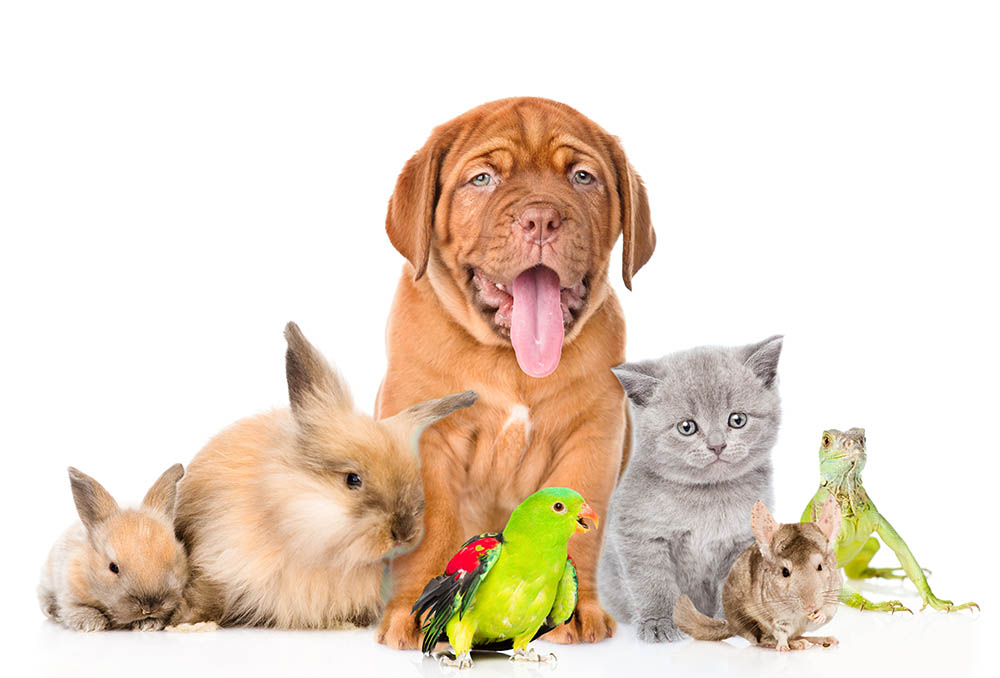
2. Birds & aquarium fish are the most popular pets, after dogs & cats, at 12%.
(The Conversation)
After dogs and cats, the most popular animals to own in Australia are birds and aquarium fish, some of which are exotic.
3. Mammals & reptiles are the least popular pets, with only 5% or less of Australian households owning one.
(The Conversation)
Though exotic pets are becoming ever more popular, there are still relatively few Australians to own the less common types of exotic pets—reptiles and mammals (though it’s likely this will grow in the future).
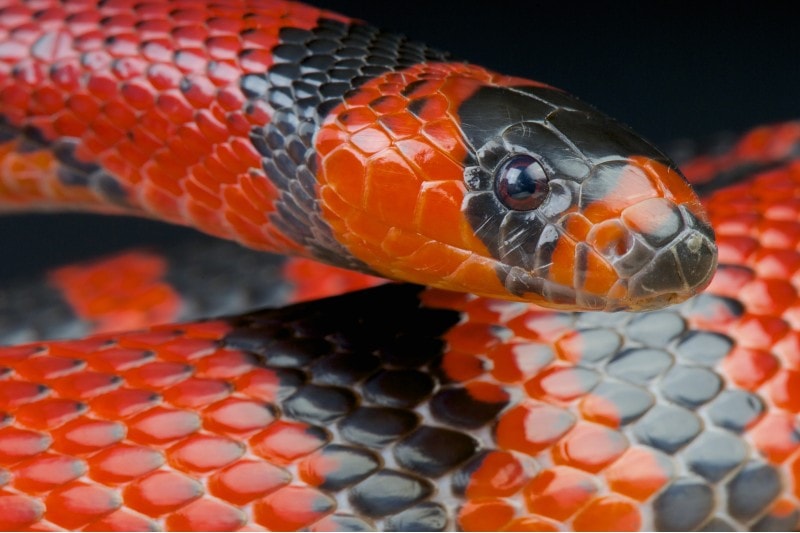
Exotic Pets in Australia
4. 28 alien reptile species were kept as pets in Victoria between 1999 & 2012.
(Conservation Letters)
A study by Conservation Letters found a host of exotic reptile species had been illegally traded in Victoria between 1999 and 2012. The study found that five of these species would be able to establish themselves in the Australian wilderness if they escaped. Worse, 10 of these species were incredibly venomous and would pose a risk to humans if they escaped.
5. 75 species of reptiles were smuggled into Australia between 1999 & 2016.
(Conservation Letters)
In the years between 1999 and 2016, it was found that most of the reptiles smuggled into Australia came via the United States. It was also discovered that it took nearly 6 years of a species being in the U.S. before it showed up in Australia.
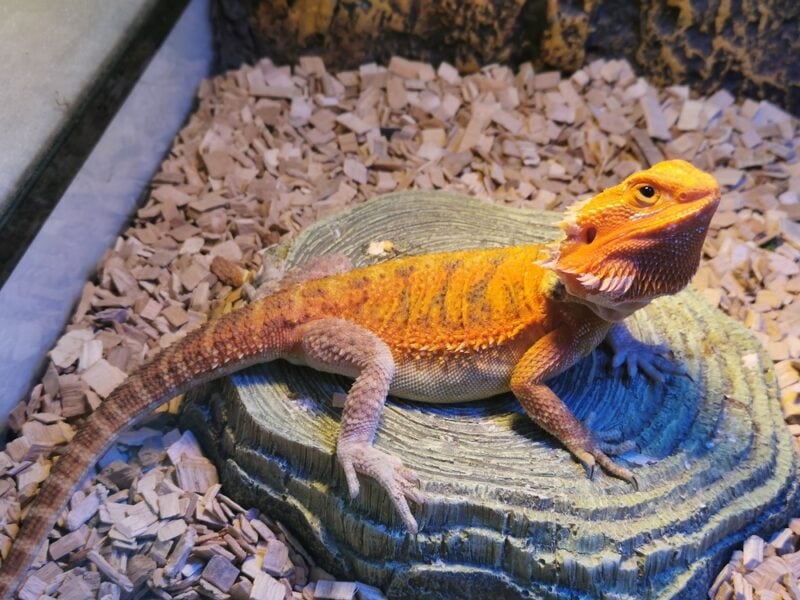
6. In 2022, Australia added stronger protection steps to prevent smuggling for 127 reptile species.
(EcoWatch)
Exotic pet trading and smuggling is lucrative and ever-growing, causing wildlife activists to request more regulations and restrictions be imposed upon it by the government to protect animals. As the exotic pet industry has significantly negatively impacted reptiles, the government of Australia has begun to put more protections in place in an effort to protect these species and the country’s ecosystem.
7. The Australian ornamental fish industry, including hobbyists, fish breeders, traders, & retail, is worth around $350 million per year!
(DCCEEW)
And speaking of lucrative, the exotic fish industry makes a massive amount of money each year. While many of these ornamental fish are on the import list for Australia, making them legal, there are several others that are not on the list but are still brought into the country.
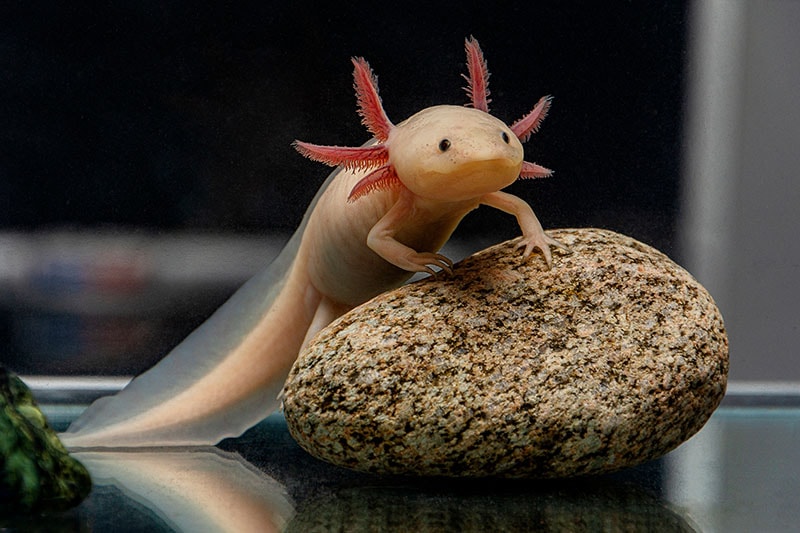
8. Australian Exotic pet owners did little to no research on their pets before getting them.
(World Animal Protection)
Unfortunately, Australians aren’t doing enough research into pets before bringing them home. 26% did no research, while 27% put in only a few hours of research. In fact, over half of Australians owning exotic pets didn’t even realize their pets were exotic! And that means these animals may not be getting the proper care they need.
Global Trade of Exotic Pets
9. Wildlife trade globally is worth billions—approximately $30.6–$42.8—but only $22.8 billion comes from legal trade.
(Animal Legal & Historical Center)
Exotic pets and wildlife trade aren’t just popular in Australia. This industry is huge worldwide, and unfortunately, a lot of it is illegal. Illegal trading remains in such great demand because the number of rare animals is low, but so many people want them. Plus, illegal trading is profitable as many people are willing to pay tons of money to get the pet they want.
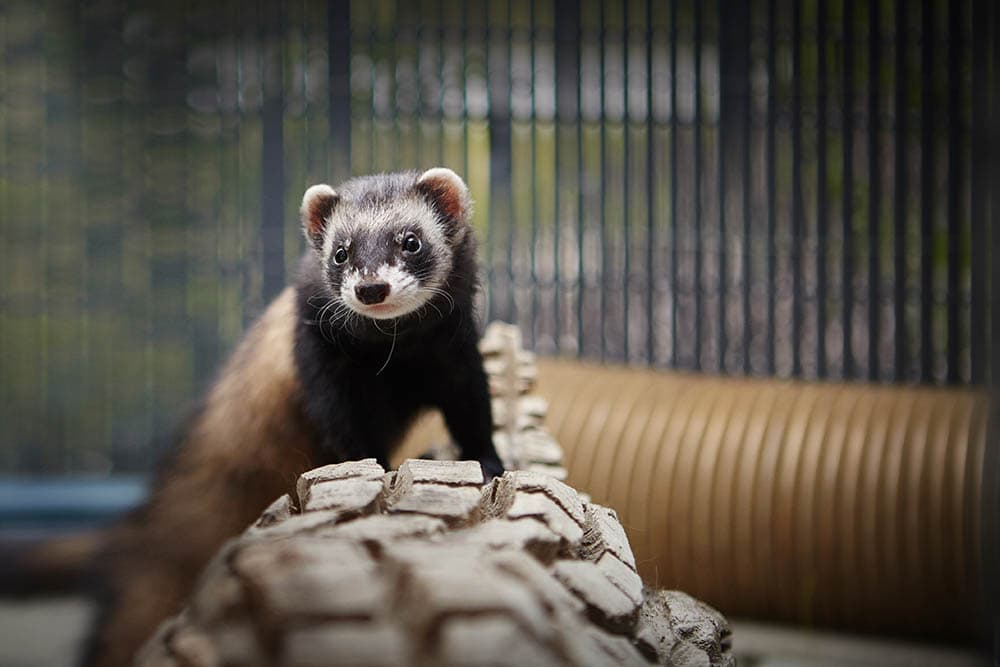
10. Of exotic animals illegally traded, approximately 4 out of 5 will die either in transit or in the 1st year of captivity.
(World Animal Protection)
Exotic pets tend to have shorter lifespans than most, particularly if caught up in illegal trading. These animals often die in transit as shipping conditions are inhumane—they receive little food, are shipped in too small spaces, and are more likely to catch diseases.
11. Social media has partially added to the rise in popularity of exotic pets. There is a fox with over 2 million followers on TikTok.
(NPR)
Blame social media (at least partially) for the rise in the popularity of exotic pets. More people own exotic pets these days, and more people are posting about them online. As a result, the people viewing these posts become interested in the animals and search them out. And many of these exotic pets on social media have huge followings. The problem is that they offer only positive portrayals of owning exotic pets without covering the negatives or talking about the care such pets require.
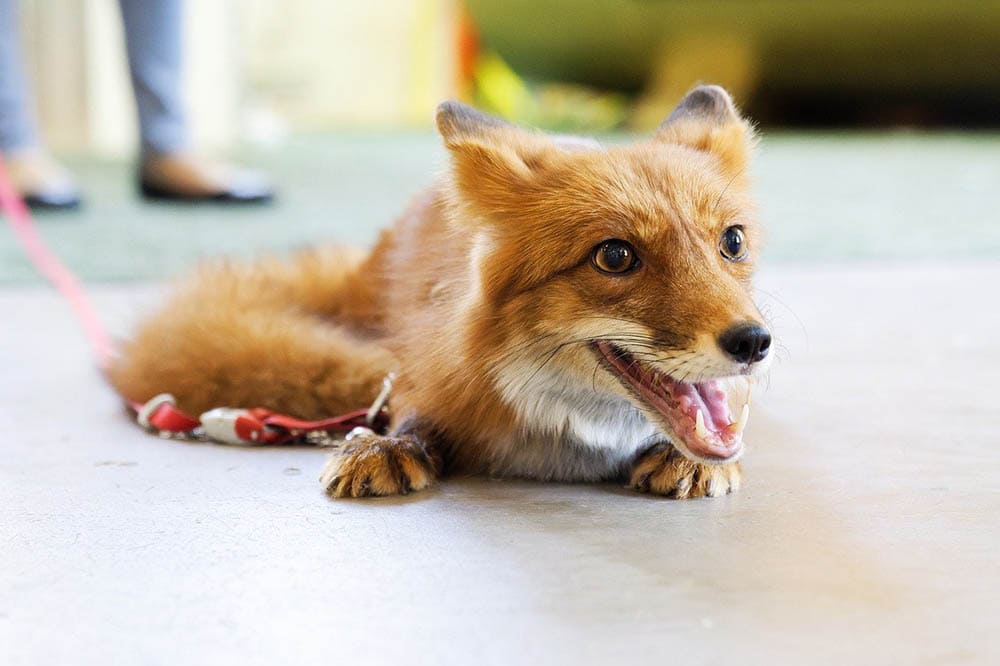
12. In a Google Trends study in 2021, the bearded dragon was the most searched exotic pet in Australia, Canada, Western Europe, & the United States.
(Multidisciplinary Digital Publishing Institute)
Reptiles have always been some of the most sought after exotic pets in the world, so it’s no surprise that the bearded dragon topped the search list for several countries in 2021. After the bearded dragon, the most searched reptiles included the leopard gecko and ball pythons.
FAQ
Why are exotic pets so popular?
Exotic pets remain popular for a variety of reasons. Some want these animals because they find them cute (and social media plays a big part in this). Others prefer exotic pets because they enjoy learning about and caring for new and different species. Then there are those who consider exotic pets to be a symbol of status, as these animals are rarer and pricier than domesticated pets.
What are the most common exotic pets found in Australia?
The exotic pets found most commonly in Australia are small mammals, freshwater fish, and exotic birds. Of course, there are others to be found, but these are the preferred types of exotic pets. (World Animal Protection)
How do I know whether importing a specific type of exotic pet in Australia is legal?
The government’s agricultural website has a list of all animals that one can import into the country. As to whether a particular species is legal to own in your area, you can check your state or territory’s website to find out more. You can also call the DAWE hotline to ask any questions you may have.
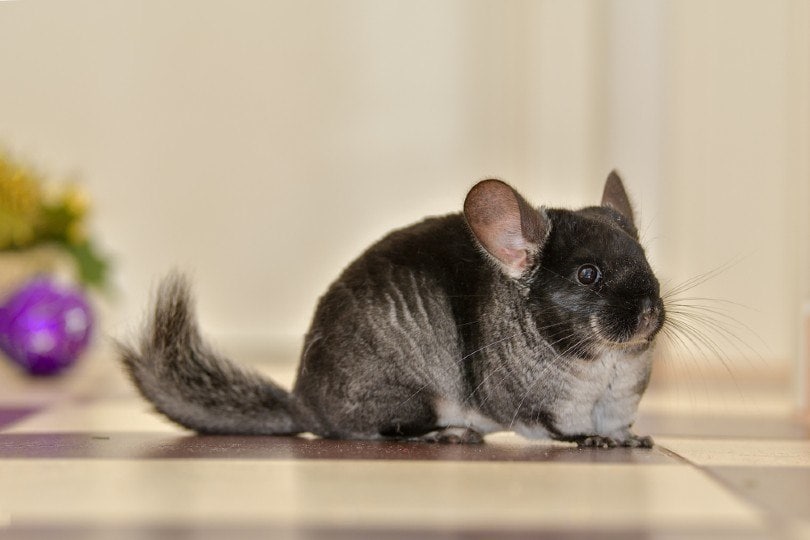
What do I do if I lose an exotic pet in Australia?
If you’re the owner of an exotic pet in Australia and it escapes or gets lost, you should contact your local biosecurity division straight away. Every jurisdiction will have its own agency, so simply Google “biosecurity agency” and where you’re located to find yours.
What do I do if I can no longer care for my exotic pet?
No matter what, do not simply release your animal into the wild! This can introduce problems with the local ecosystem. Instead, seek out a local rescue group that specializes in exotic pets or contact your local humane society.
Conclusion
While the occurrence of exotic pets in Australia is still relatively low compared to domesticated pets, many people do own these types of animals, and though some are legal to own in Australia, there are many that came into the country via smuggling and illegal trade. Having an exotic pet can be an experience, but there are plenty of negatives here, such as the propensity of these animals to die early and lack of knowledge on owners’ parts about the animals they have. That’s why it’s important to learn more about exotic pets and the exotic pet industry before deciding to get one of these animals for yourself.
Featured Image Credit: Leroy Dickson, Pixabay





